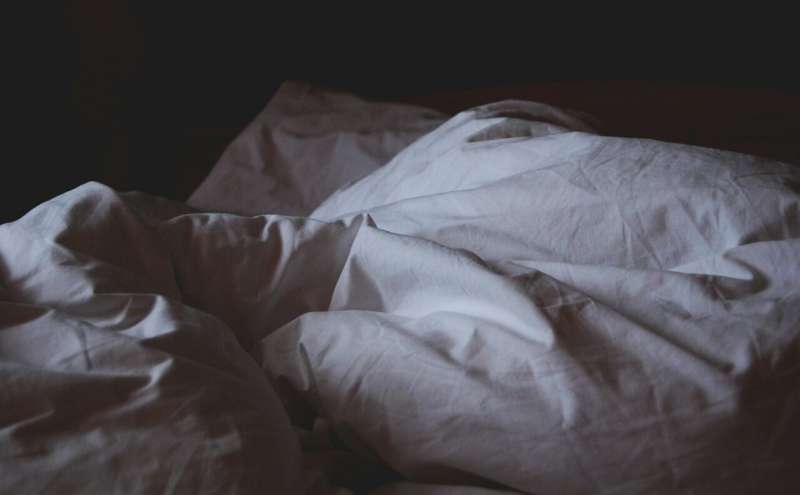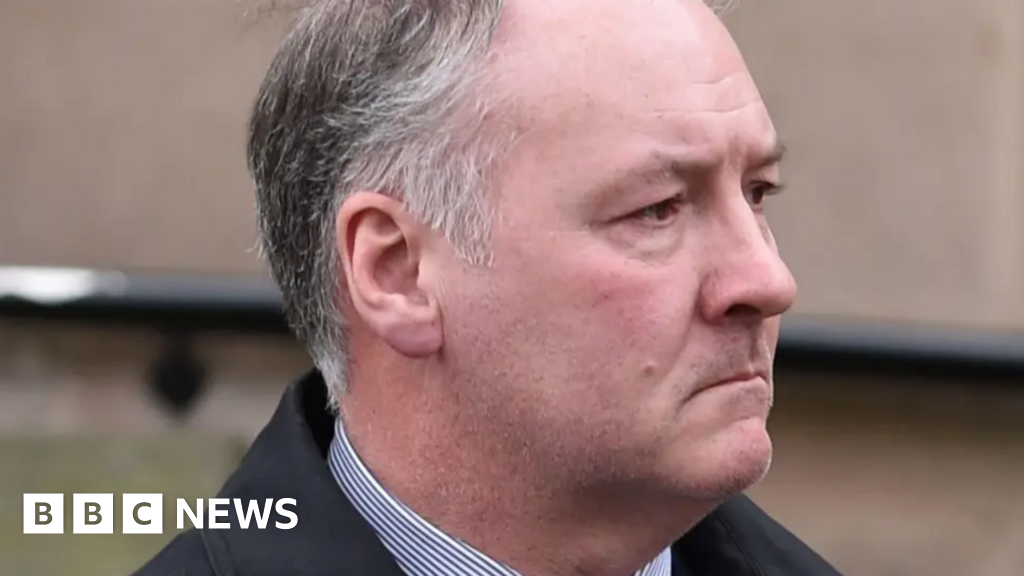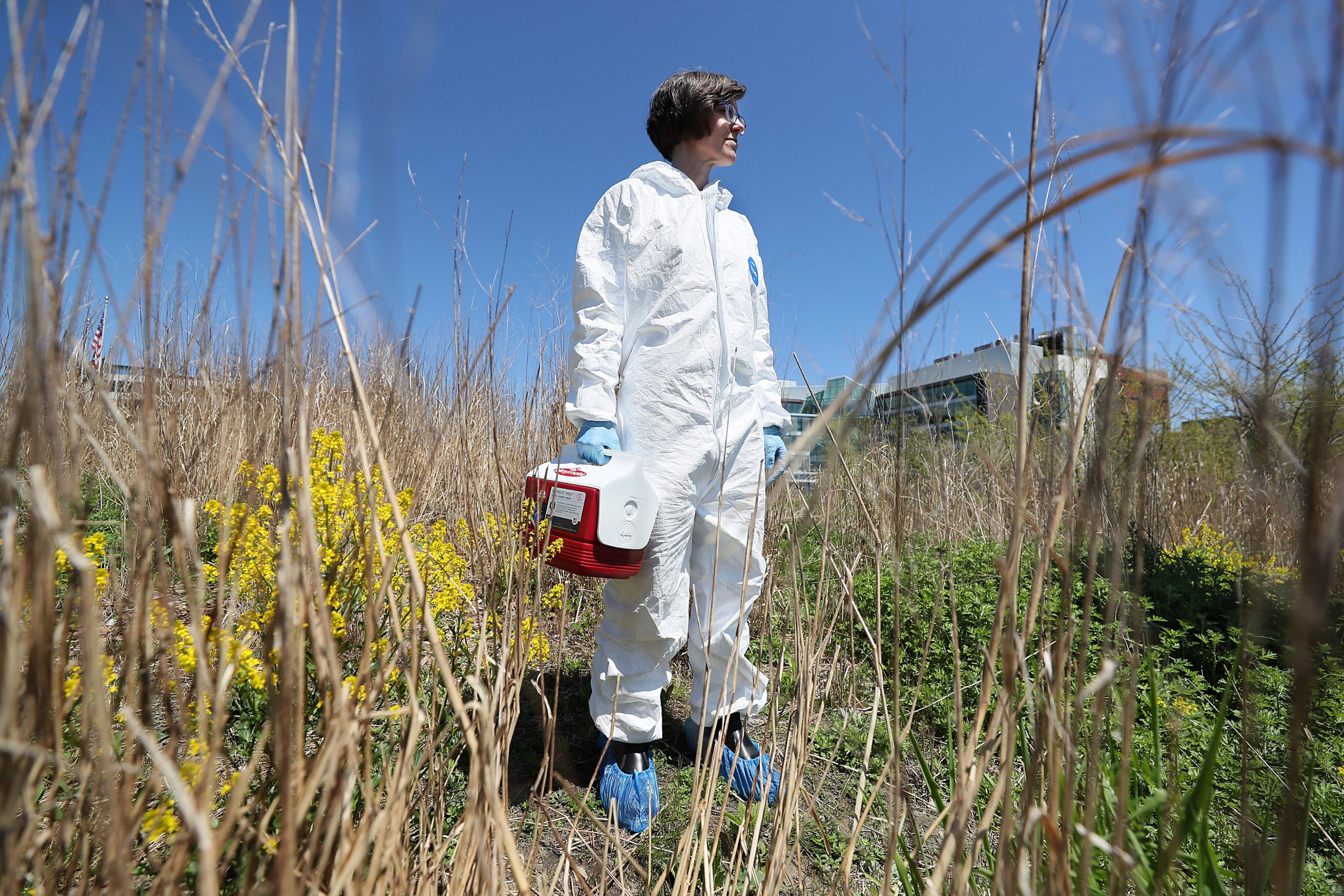
People who have had a stroke may be more likely to sleep too much or too little compared to those without prior stroke, according to a study published in the September 11, 2024, online issue of Neurology. The study does not prove that stroke causes abnormal sleep; it only shows an association.
“Sleeping the right amount is considered essential for ideal brain and heart health,” said study author Sara Hassani, MD, of Duke University School of Medicine in Durham, North Carolina, and member of the American Academy of Neurology.
“We know that abnormally long or short sleep after a stroke can affect recovery and deteriorate quality of life, so these results should prompt us to screen for these issues and look at how we can help people improve their sleep habits.”
The study involved 39,559 people. Of the group, 1,572 people had a stroke and 37,987 people did not have a stroke.
Every two years, participants were asked how much sleep they usually get at night on weekdays or workdays. Sleep duration was divided into three categories: short, less than six hours; normal, six to eight hours; and long, eight or more hours of sleep.
Researchers looked at how often participants had normal sleep, defined as six to eight hours.
Normal sleep duration was less common for people who had a stroke than for those with no prior stroke for all age groups with 32% vs. 54% for people aged 18–44; 47% vs. 55% for people aged 45–64; and 45% vs. 54% for people over age 65.
After adjusting for factors that could affect sleep such as age, weight and high blood pressure, researchers found people who had a stroke were 54% more likely to report more than eight hours of sleep per night compared to those without stroke. Those with stroke were 50% more likely to get less than six hours of sleep per night when compared to those without stroke.
“In previous research, stroke has been linked to abnormal sleep, in particular sleep apnea,” said Hassani. “Conditions like insomnia and excessive sleepiness are common in stroke patients and may occur as a direct or indirect consequence of stroke itself. Future research should explore the links between stroke and duration of sleep and determine the effect of sleep duration on outcomes after stroke.”
A limitation of the study was that hours of sleep were self-reported, so participants may not have remembered accurately how much they slept.
More information:
Sara Hassani et al, Association Between Abnormal Sleep Duration and Stroke in the United States, Neurology (2024). DOI: 10.1212/WNL.0000000000209807 , dx.doi.org/10.1212/WNL.0000000000209807
Citation:
Can having a stroke change your sleep? (2024, September 11)
retrieved 13 September 2024
from https://medicalxpress.com/news/2024-09-can-having-a-stroke-change.html
This document is subject to copyright. Apart from any fair dealing for the purpose of private study or research, no
part may be reproduced without the written permission. The content is provided for information purposes only.




